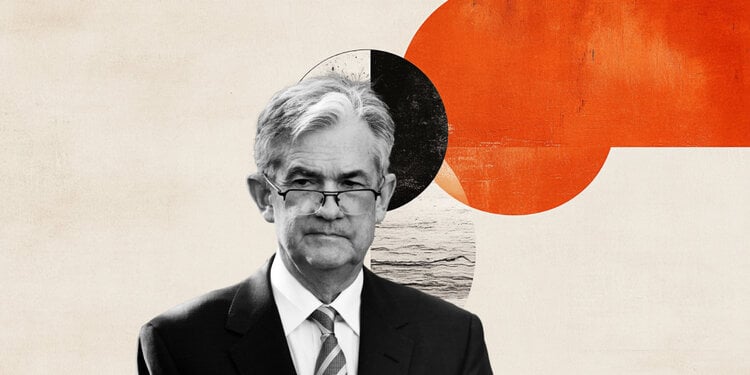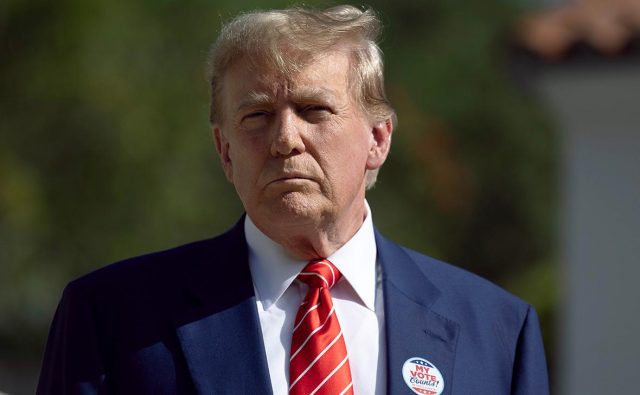About two years ago, a group made up of six people entered the Mäska restaurant in Ipanema, in Rio de Janeiro , around 6pm. And there he stayed drinking wine and eating until 1 a.m. — he left almost seven hours later. How much was the bill? Around R$450, or R$75 or so per head. For comparison purposes, the most affordable dish at Mäska today, the mini vegetable curry, costs R$83 — the most expensive, the shoulder steak with aligot, watercress pesto, crispy bread crumbs and aïoli sauce with biquinho pepper, costs R$ 139.
What explains the modest amounts that this group spent, it is worth clarifying, is not the rise in inflation registered in Brazil in recent years — but rather the 18 bottles of wine that they brought to consume in the restaurant, run by chef Danilo Parah. Explained: at that time, the enterprise did not charge any type of corkage fee. “We see not charging this fee as a kindness to customers and as a way to increase the number of customers”, says Gustavo Gill. He is one of the partners of the Trëma group, owner of Mäska and four other restaurants in the city, including Rudä and Izär.

The company implemented this policy assuming that customers would bring to its restaurants, in most cases, very expensive and out-of-the-ordinary wines. “It didn’t work in Brazil”, recognizes Gill, one of the first to bet on no corkage fee charged in Rio de Janeiro . “This practice gave rise to many exaggerations ”. Trëma, however, did not say goodbye to the exemption. Motivated by episodes such as the 18 wines, however, he implemented the following policy, which still prevails today in all of the group's restaurants: the corkage fee is only valid from the second bottle brought in from abroad. At Mäska and Izär, for example, it’s R$80.
“Despite everything, our group believes that not charging a corkage fee for just one wine is worth it,” adds Gill. “Currently, in Rio de Janeiro, it is a difference that leads many people to decide for this restaurant rather than that restaurant.” The businessman hopes, however, that not every customer makes use of this policy. “If everyone brings wine from home, restaurants could go bankrupt,” admits. “Losing income from wine sales is painful. They account for a considerable share of the group’s revenue.”
The businessman reveals that Trëma occasionally encounters Zé Delivery delivery men at the door of his restaurants. They are there to deliver wines purchased by customers — the application sells labels that start at R$ 10.79, such as the national red Cantina da Serra, and reach R$ 138.89, in the case of the Spanish Navaldar Crianza DOC “ Nossos maîtres are upset that we allow this, but there is also another side,” Gill argues. “There are customers who visit us and buy wines from us worth up to R$4,000.”
The restaurants that have abolished the corkage fee for the first bottle — those from the Trëma group are not the only ones — have created a trend in Rio de Janeiro beyond controversy as you can imagine.
“I am against abusive corkage fees, but not charging anything is a disservice to the sector” says chef Thomas Troisgros, who runs Le Blond, CT Boucherie, Toto and Oseille, all in Rio de Janeiro.
He is also in charge of TT Burger, a burger chain that completed ten years in 2023 and gave rise to three other brands — Três Gordos (translation of Troisgros) focuses on smash burgers; Tom Ticken is dedicated to chicken recipes; and Marola specializes in seafood sandwiches. At Oseille, the newest restaurant of all, the corkage fee costs R$180. At Toto, which opened a little earlier and operates in the same property, on the ground floor, it costs R$70 per bottle.

“The customer who brings a wine from home, in addition to not consuming one of ours, uses our glasses, perhaps a decanter, sometimes an ice bucket, and is served by our waiters who receive training for this service ”, remembers Thomas. “This is why the corkage fee exists ”. He swears he doesn't turn up his nose at customers who show up with special wines or treasures from private cellars. “The problem is that many people take labels from supermarket shelves. And that's because there are restaurants that think they will attract more customers without the corkage fee.”
“People don't consume wine in restaurants just for the sake of drinking it,” observes Fernando Blower, president of Sindrio, the Union of Bars and Restaurants of Rio de Janeiro. “They do this for the sommelier service, the glasses available, the air conditioning, the ambiance, the music and a lot of other things. But all these differences cost money.” Hence the importance, he argues, of charging the corkage fee. “It exists to offset costs”, he summarizes. “Not to mention that wines are a very important source of revenue for establishments in the sector”.
According to the Consumer Protection and Defense Code, the corkage fee is not illegal or abusive, as long as information about it and its value is clearly presented, preferably on the menu. Some establishments charge a fixed amount per bottle, such as Toto, Oseille and company, while others adopt a percentage of the price of the drink or charge the price of the cheapest wine on their own list.
Source: CNN Brasil
Johanna Foster is an expert opinion writer with over 7 years of experience. She has a reputation for delivering insightful and thought-provoking articles on a variety of subjects. Her work can be found on some of the top online news websites, and she is currently lending her voice to the world stock market.







